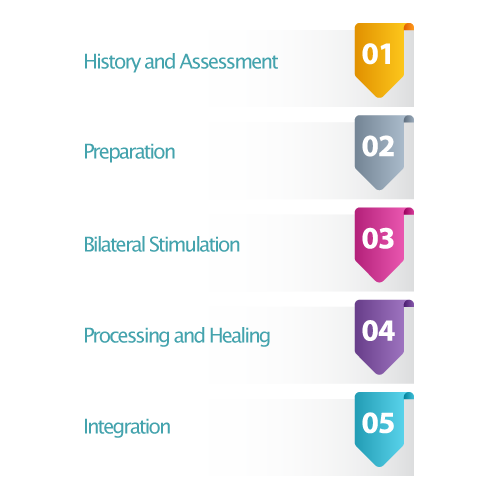Faster Healing
EMDR often yields faster results than traditional talk therapy. After a few sessions, many individuals report significant improvements in their emotional well-being.
Non-Invasive Approach
EMDR doesn’t require extensive verbal discussion of traumatic events, making it a comfortable choice for children and teens who may be reluctant to talk about their experiences.
Long-Lasting Results
I create a space where children feel comfortable expressing themselves, allowing them to open up and work through their feelings.
Improved Emotional Resilience
EMDR equips individuals with greater emotional resilience, helping them manage future stress and challenges more effectively.













